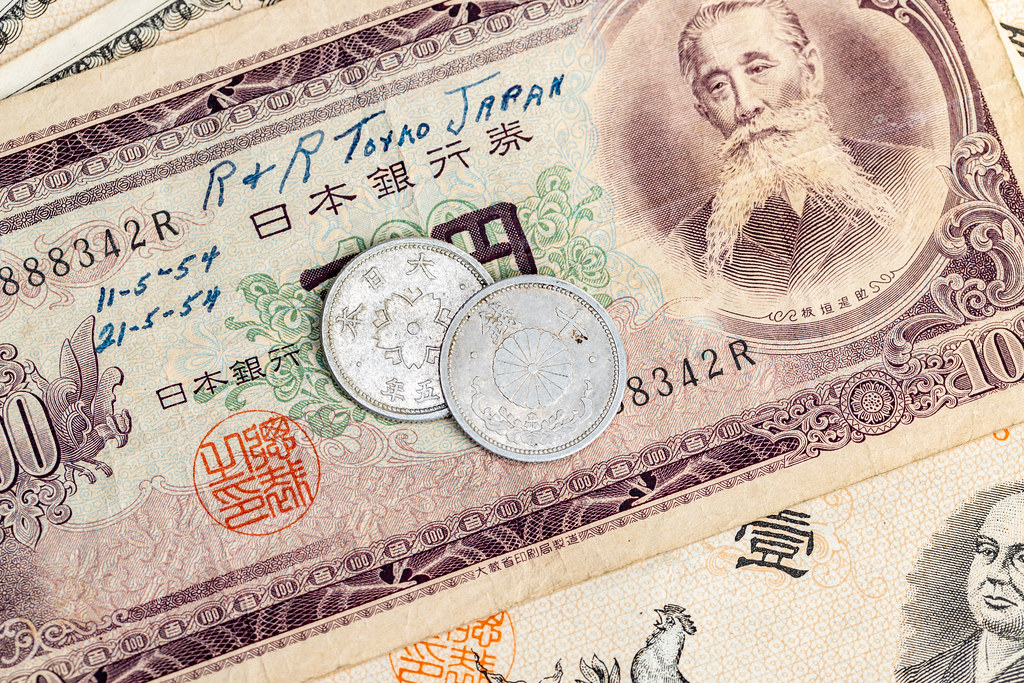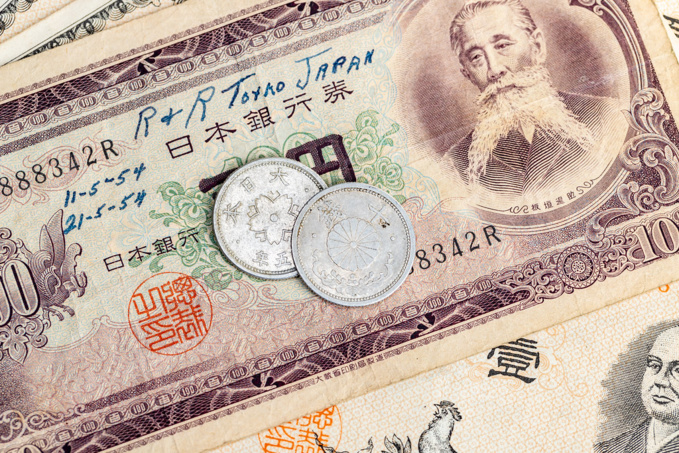The budget was approved by Japan's lower house of parliament on February 28. Even if the upper house deputies were to reject the budget later, it would still go into force automatically 30 days after the lower house approved it, according to the law.
The budget exceeded 110 trillion yen for the first time; it is 5.19 billion yen ($6.78 trillion) more than the current budget. A record 6.79 trillion yen ($5.2 billion) will be spent on defense, up 1.4 trillion yen ($10.7 billion) from the current year. The earnings for the long-term fund at 3.38 trillion yen (25.9 billion dollars) to strengthen the military are listed as a separate line item.
36.9 trillion yen ($282 billion) will be spent on social services and pensions. 5 trillion yen ($38.2 billion) has been set aside for fighting the coronavirus.
A total of 69.4 trillion yen ($531.3 billion) will be collected in taxes. There are 9.3 trillion yen ($71.2 billion) in non-tax earnings. It is intended to issue government bonds to make up for the missing 35.6 trillion yen ($272.6 billion).
source: reuters.com
The budget exceeded 110 trillion yen for the first time; it is 5.19 billion yen ($6.78 trillion) more than the current budget. A record 6.79 trillion yen ($5.2 billion) will be spent on defense, up 1.4 trillion yen ($10.7 billion) from the current year. The earnings for the long-term fund at 3.38 trillion yen (25.9 billion dollars) to strengthen the military are listed as a separate line item.
36.9 trillion yen ($282 billion) will be spent on social services and pensions. 5 trillion yen ($38.2 billion) has been set aside for fighting the coronavirus.
A total of 69.4 trillion yen ($531.3 billion) will be collected in taxes. There are 9.3 trillion yen ($71.2 billion) in non-tax earnings. It is intended to issue government bonds to make up for the missing 35.6 trillion yen ($272.6 billion).
source: reuters.com



















